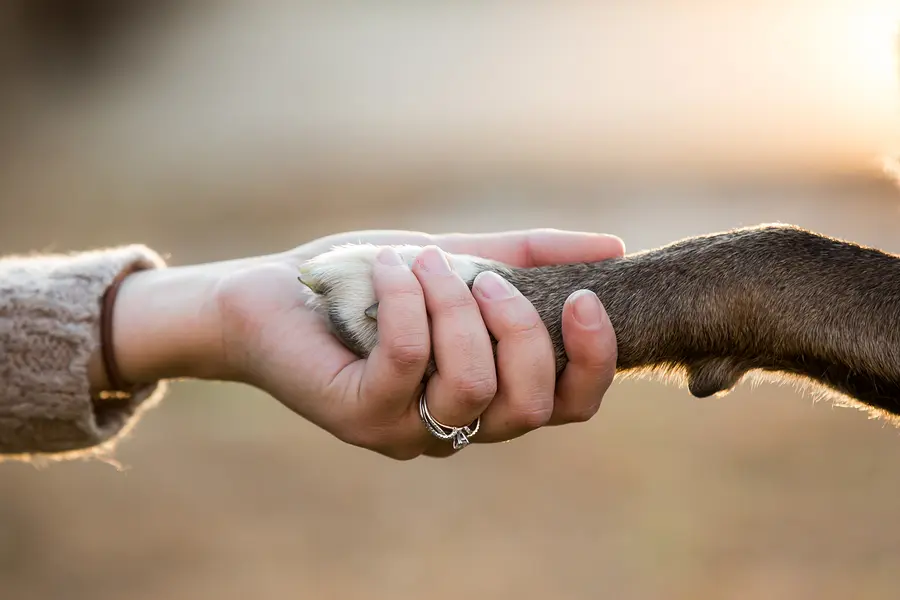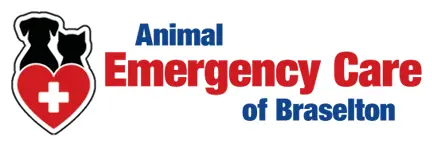
Why Is Your Pet Unresponsive?
Unresponsiveness in a pet is a medical emergency. When this happens, it may be due to one of many types of diseases or injuries. It is not uncommon for a pet to become lethargic and to show weakness when he or she is ill. However, if the animal is not responding to you, this signals a more urgent need for medical care. Some of the following can cause this type of unresponsiveness.
- Infections. Pets with infections that are in a more advanced stage. This may include parvovirus, requiring aggressive medical support and medications, as well as distemper, kennel cough, or heartworm disease.
- Heart disease. In some cases, a pet that is struggling to move may be suffering from congestive heart failure. As it worsens, the dog may show signs of rapid breathing and a loss of appetite. Heart medications and diuretics can help.
- Liver disease. Liver disease, at more serious levels, can cause jaundice, depression, and a loss of appetite. In some cases, your pet may have abdominal bloating. Medications and diet changes may help.
- Diabetes. Pets that are very thirsty and lethargic can be suffering from diabetes. This can require injections of insulin and diet changes.
- Hypoglycemia. A pet may become unresponsive or suffer from seizures if their blood sugar is too low. Providing intravenous glucose may help.
Is Your Pet Unconscious?
In some situations, a pet may be unconscious. In this case, the pet may be breathing, but not moving and not moving its eyes. The animal is unresponsive to any stimuli and in a sleep-like state. This can happen if the pet’s blood sugar is too low. This is common for young dogs. Other causes may include facing some type of trauma, such as being hit by a car or ingesting poison. Your pet may have been choking, drowning, or experiencing extreme body temperature swings. He or she may have experienced seizures or a stroke. These are all immediate medical needs.
What to Do Immediately
If your pet is not responsive, take these steps immediately before calling your vet:
- Remove the pet’s collar to ensure easy breathing.
- Check for a heartbeat and breathing. Perform CPR. Call our offices for assistance.
- Prop up the animal’s head to ensure the animal is able to breathe.
- Watch for vomiting and, if it occurs, stop the pet from inhaling it back in.
- Keep the pet immobile as much as possible.
- Call Animal Emergency Care of Braselton immediately for guidance and support: (470) 209-7222
Contact Your Veterinarian at Animal Emergency Care of Braselton for Immediate Help
Don’t delay in getting care for your pet from Animal Emergency Care of Braselton. Our veterinarian is available to help your pet with any unresponsiveness of other medical care. If your pet is not responding, is having seizures, or suffering in pain, call our team today for immediate help. Call your vet today: (470) 209-7222.


